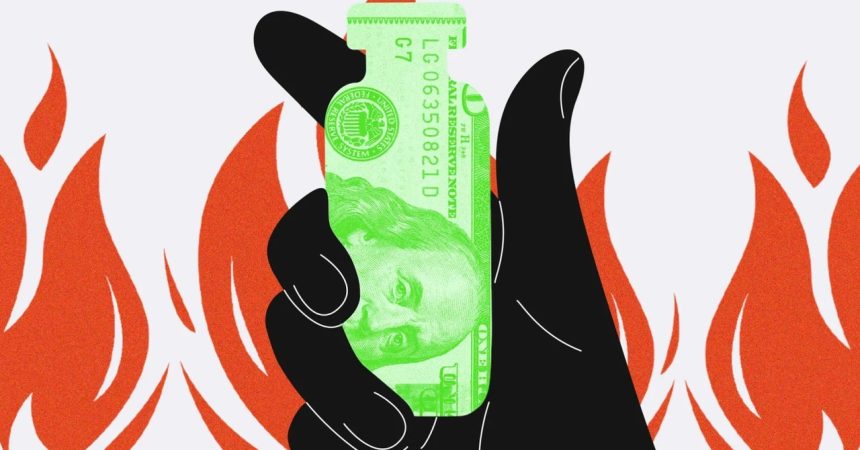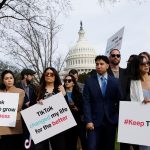The devastating wildfires that ravaged Los Angeles in early 2024 ignited not only the dry brush of the canyons but also a torrent of opportunistic marketing from wellness influencers. As the city choked under a blanket of smoke, these self-proclaimed health gurus seized the crisis as a chance to hawk their wares, promoting a dubious array of “solutions” ranging from tinctures and essential oils to parasite cleanses and even raw milk – all touted as remedies for the fires’ effects. This exploitation of a collective tragedy for personal profit reveals a disturbing trend within the wellness industry, one that capitalizes on fear and uncertainty to promote products with little or no scientific backing.
The speed with which these influencers pivoted to wildfire-related marketing is striking. Within days of the fires erupting, social media platforms like Instagram and TikTok were awash with posts linking the health dangers of wildfire smoke to specific products. This rapid response underscores the calculated nature of their strategy – exploiting a vulnerable population desperate for relief. The influencers often target anxieties about lung health, proposing “detoxes” and “supports” for respiratory systems compromised by smoke inhalation. However, much of this advice is not only unsubstantiated but potentially harmful. For example, the promotion of activated charcoal as a lung detox flies in the face of medical understanding. While effective against ingested poisons in emergency situations, activated charcoal has no proven ability to detoxify the lungs, and can even interfere with medication efficacy. The underlying message of many of these products – that our bodies require external intervention to “detox” – is itself a misleading and often dangerous narrative. Our natural systems are remarkably efficient at cleansing and regulating themselves, and unnecessary supplements often pose greater risks than any perceived benefits.
The wildfire opportunism further revealed an unsettling undercurrent of victim-blaming within certain segments of the wellness community. One prominent detox influencer, for instance, suggested that Los Angeles was somehow deserving of its fiery fate due to its perceived moral failings and environmental issues – a stark illustration of the tendency to conflate personal beliefs with health advice. This kind of rhetoric not only adds insult to injury for those affected by the disaster but also serves to further erode public trust in legitimate sources of health information.
Amidst the deluge of dubious remedies, some influencers did promote sensible advice consistent with public health recommendations. These included practical measures like using air purifiers, saline nasal sprays, and high-quality masks. However, even these valid suggestions were often intertwined with promotions for specific products, blurring the line between genuine concern and self-serving marketing. The inherent conflict of interest presented by influencers profiting from product recommendations raises serious questions about the trustworthiness of their advice. When financial incentives are at play, it becomes difficult to discern genuine concern from cleverly disguised sales pitches.
This exploitation of the wildfire crisis echoes the wave of misinformation that accompanied the COVID-19 pandemic. Similar “immune-boosting” products and post-vaccine “detox” regimens flooded the market, preying on public anxieties and spreading unsubstantiated claims. The wellness industry’s tendency to capitalize on tragedy highlights a broader pattern – the strategic leveraging of personal and collective suffering to sell products. While individuals often share personal health struggles and seek solace in online communities, the wildfire crisis demonstrates the ease with which this vulnerability can be manipulated on a larger scale.
The alarming trend of exploiting crises for profit is likely to continue as climate change-related disasters become more frequent and the shadow of future pandemics looms large. The wellness industry, with its adaptable marketing strategies and ready-made narrative of self-care and empowerment, is uniquely positioned to capitalize on these anxieties. It is crucial for consumers to approach wellness advice with critical thinking skills, prioritizing evidence-based information from reputable sources over the often-misleading claims of profit-driven influencers. As crises unfold, the line between genuine support and opportunistic marketing blurs, making it more important than ever to discern between those who offer genuine help and those who seek to profit from misfortune. This vigilance becomes crucial in protecting both our physical and financial health in an increasingly uncertain world.



